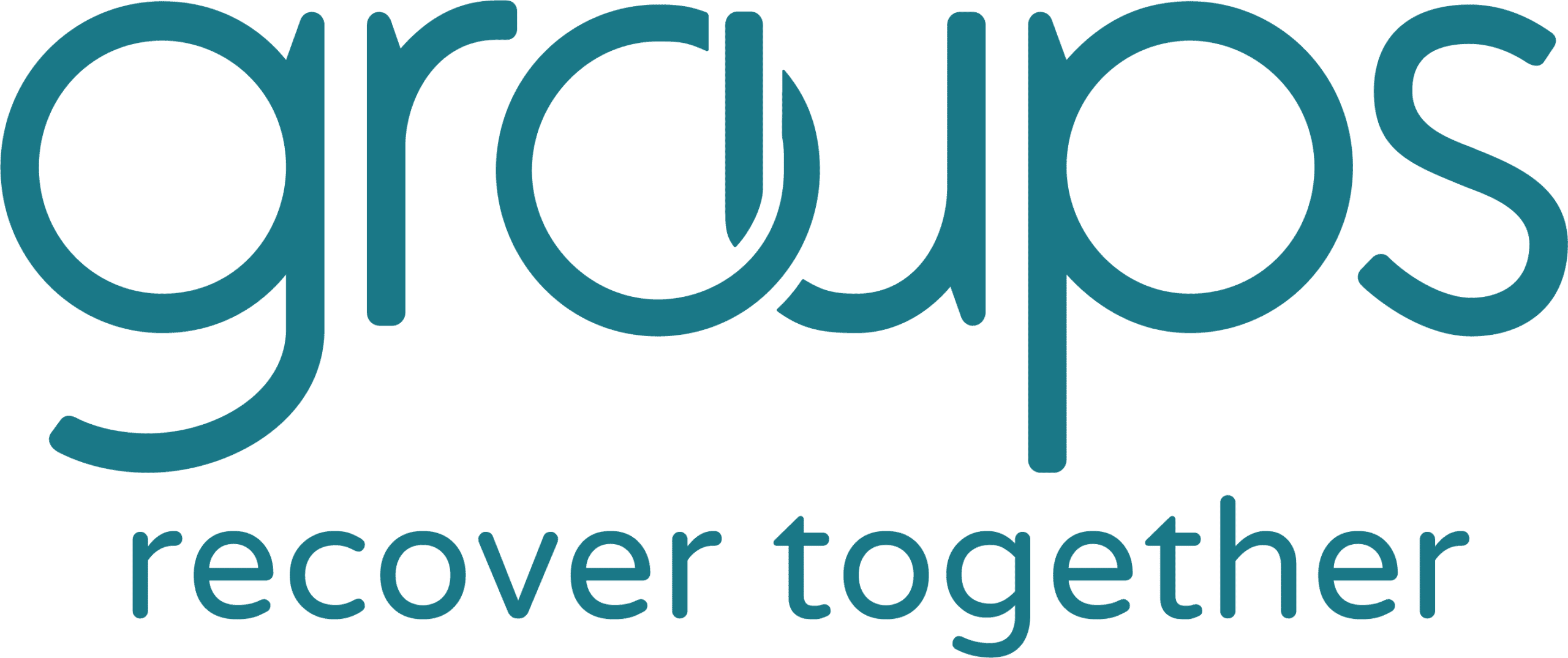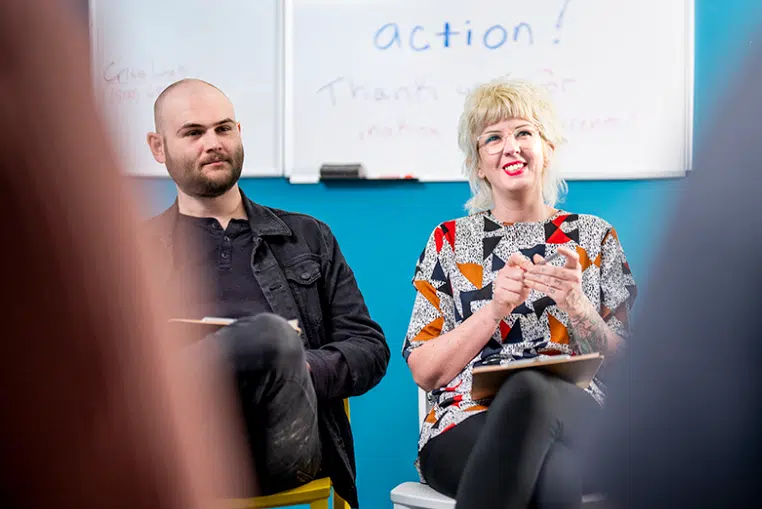Opioids are a class of drugs that are used to relieve pain. They can be prescribed by a doctor or obtained illegally. Examples of opioids include:
- Prescription opioids — OxyContin, Vicodin, Percocet, morphine, and fentanyl patches are types of prescription opioids.
- Illegal opioids — Heroin and carfentanil are types of illegal opioids.
While these drugs can be effective to help relieve pain, they can also be very addictive. Some people who use opioids for long periods of time or at a higher dose may become dependent on them, which can lead to opioid use disorder (OUD). This disorder is a medical condition caused by the misuse of opioids and happens when someone can’t stop taking opioids even when it causes problems in their life. Symptoms of OUD can include:
- Cravings
- Withdrawal symptoms when they try to stop
- Continued use despite negative consequences
OUD is unfortunately very common. In the United States, over 8 million people experience OUD; it’s a significant public health crisis. OUD is a serious but treatable condition. Many people with OUD can recover with the right support and services. Diagnosing OUD usually involves a healthcare provider assessing the person’s behavior, including:
- How much of the drug they’re taking
- How often they use it
- How opioid use impacts their life
Doctors may also look for physical symptoms. Once someone is diagnosed with OUD, the next step is finding the right treatment and support. There are recovery services available that can help people begin the journey to healing and recovery.
3 recovery services for opioid use disorder
When someone starts recovery for OUD, they’ll work with licensed counselors to determine the best path for recovery. From there, they’ll move through the intake process, which is designed to gather important information about the person’s medical and mental health history and to make sure they’re a good fit for the chosen services.
In the first meeting with a licensed counselor, clinical history, including their opioid use, will be discussed. The goal is to understand the person’s needs and challenges so they can create a personalized treatment plan that will be the most effective for them. It’s natural to feel nervous about being open and honest, but remember, the counselor is there to help, not judge.
Next, the person may be asked to provide a urine sample to check for the presence of opioids. Testing positive is expected and won’t result in any judgment or punishment. Being honest about opioid use is an essential first step in getting the right help.
Additionally, the person will meet with a medical provider to discuss any medical issues and determine the best dosage of medication, such as Suboxone. The provider’s role is to help ensure that each person receives the correct treatment to manage their cravings and withdrawal symptoms. This medication can make a big difference in helping someone stay on track with their recovery.
After the intake process, there are several types of recovery services offered specifically at Groups as part of a comprehensive program designed to help people overcome OUD. These services can be combined to provide a well-rounded approach to recovery and continued support:
- Medication for addiction treatment (MAT) — One of the most well-known treatments for OUD is Suboxone. Suboxone is a part of MAT and can help reduce cravings for opioids and prevent withdrawal symptoms. It works by connecting to the same receptors in the brain that opioids do. However, it does this in a way that doesn’t produce the same high, making it easier for people to stop using opioids while also managing their cravings. Suboxone treatment is done under the supervision of a healthcare provider to help make sure the proper dosage and effectiveness are reached.
- Group therapy — While it may feel intimidating at first, group therapy is highly effective in helping on the recovery journey. During group sessions, people with OUD can come together to share their experiences, offer support and learn from each other. Group therapy can help people feel less isolated and more understood. It creates a safe space to talk about the challenges of recovery, coping with cravings and learning healthy habits. People in the group may be at different stages of recovery. This can help further inspire and motivate each other by offering hope and encouragement.
- Life goal assistance — In addition to medication and therapy, life goal assistance is an essential part of recovery. This service, which helps people focus on rebuilding their lives after addiction, may include setting and achieving personal, career or educational goals. OUD can cause people to lose their jobs, damage relationships or miss opportunities. Life goal assistance can help them regain a sense of purpose and direction. They can get connected with resources to help them find employment, go back to school, or improve relationships with friends and family.
Complications of opioid use disorder
If left untreated, OUD can cause serious complications, including:
- Physical health issues
- Mental health challenges
- Social or legal problems
OUD is a complex and challenging condition, but it is treatable. With the right recovery services, including medication, therapy and life goal assistance, people can regain control of their lives and work toward a healthier future. If you or someone you know is experiencing OUD, know that help is available, and recovery is possible.
Groups is a comprehensive path to hope and healing from opioid use disorder
At Groups, we believe everyone deserves the chance to change their life for the better. We have over 130 locations across 19 states, ready to provide personalized care to help people experiencing opioid use disorder. We combine medication, group therapy and support for personal goals to help people recover and stay on track. With our encouragement and resources, many people find the strength to reach recovery and build a healthier, happier future.
Give our Recovery Support Specialists a call today for more information or to begin your recovery.




